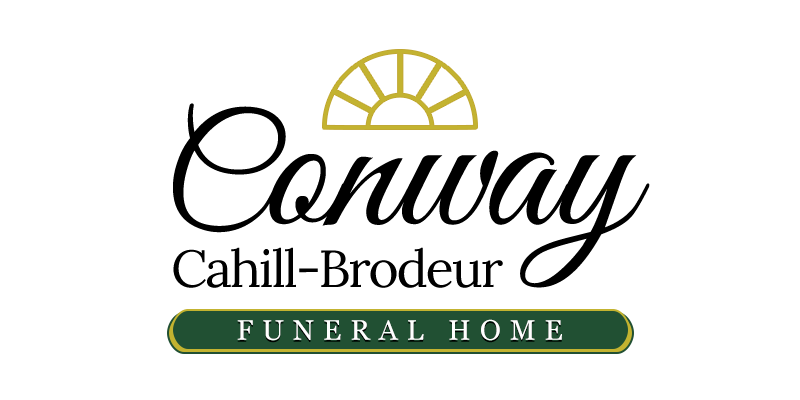(978) 531-0472

When Death Occurs
Whether a death is sudden or expected, the loss of a loved one is indescribable. When you are in a heightened emotional state, even the most basic decisions can seem staggering. This section seeks to guide you through the immediate hours following a passing.
When death occurs at home:
If the person was not under hospice care, the police will have to be notified immediately. The police will be dispatched to the home and will place the call to the medical examiner's office. From there, the medical examiner's office will determine whether further action is necessary. If this is the case, then the medical examiner will make the transfer from the home to the Medical Examiner's Office. If no further action is needed from the medical examiner, then the police officer will notify the funeral home of the death. If the person was under hospice care, contact the hospice representative, and they will notify family members what the proper procedures are to follow.
When a death occurs at a hospital/nursing home/hospice facility:
When a death occurs at a health care facility, such as a nursing home or hospice facility, the staff will notify the family, if not present, and then necessary authorities immediately after a death has occurred. If a funeral home has been provided to the nursing home or hospice facility, they will be notified at the time of passing. If you are present at the time l the funeral director arrives, they will ask a few questions about your wishes and set up a time to make arrangements. If you are not present, a funeral director will contact you by telephone to discuss these arrangements. If the death occurs at a hospital, the hospital will notify the family if not present, then the family will notify the funeral home. The funeral home will then contact the hospital directly to make arrangements for the transfer into our care.
Meeting a Funeral Director
The meeting of the funeral director will take place at the convenience of the family to make arrangements for your loved one. Deciding on these final arrangements may seem like an overwhelming task, but the funeral direct is there to guide you through the process, taking one step at a time.
Making Arrangements:
First, the Funeral Director will gather vital information required for the death certificate. This includes:
- Full Name and Address
- Marital Status
- Race/Ethnicity
- Date and City of Birth
- Highest Level of Education
- Father’s Name, Mother’s Name (including maiden name)
- Name of Spouse (if married or widowed)
- Occupation and Employer
Second, the Funeral Director will discuss making funeral arrangements which include.
- Scheduling the location, date and time of the visitation and funeral service
- Selecting burial or cremation
- Choosing Funeral Products
- Arranging a cemetery plot
- Preparing an obituary notice
- Scheduling transportation arrangements
A funeral director will guide you through all of these steps, using your wants, needs and desires as a foundation to create a memorable funeral for your loved one. From here the funeral services can be personalized. Did your loved one have a favorite sports team? What was their favorite type of music? What activity was your loved one known best for? Sharing these memories with the grieving process and will allow you to pay tribute to the life of your loved one.



